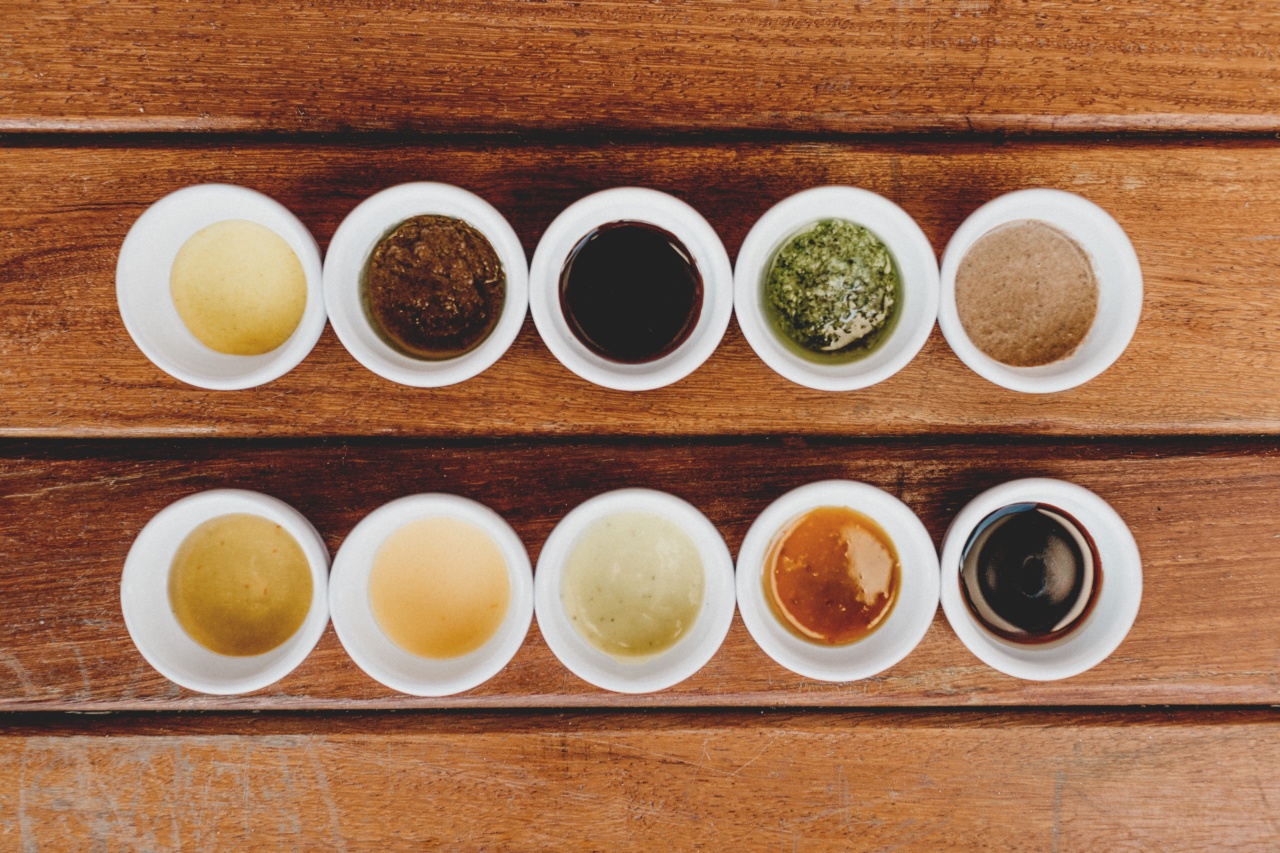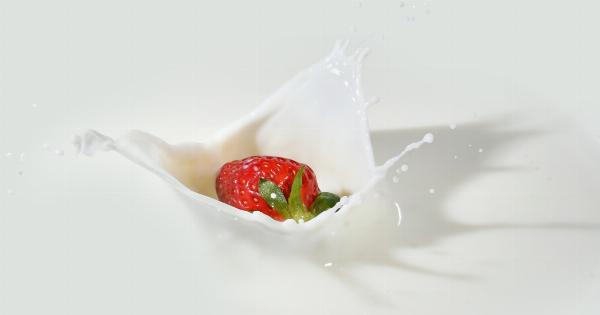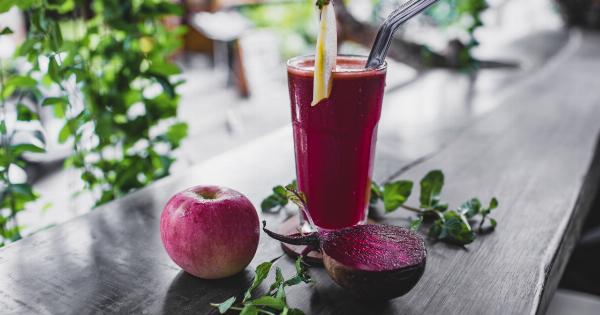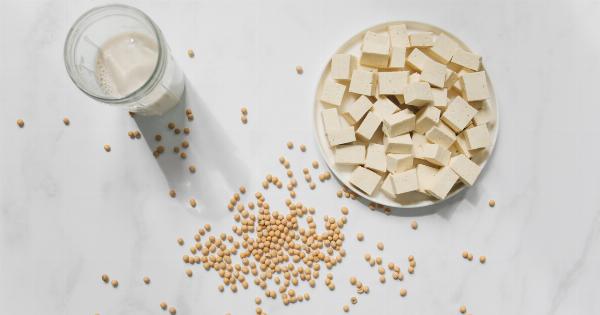Non-dairy milks have become increasingly popular in recent years as more people opt for plant-based alternatives to traditional dairy milk. With a variety of options available on the market, it can be overwhelming to choose the right one for your needs.
This guide will take you through the different types of non-dairy milks, their benefits, and how to use them in various recipes.
1. Almond Milk
Almond milk is made from ground almonds and water. It has a slightly sweet, nutty flavor and a creamy texture.
Almond milk is naturally lactose-free and low in calories, making it a popular choice for those with lactose intolerance or following a vegan diet. It is also a good source of vitamin E and can be used as a substitute for dairy milk in both sweet and savory recipes.
2. Soy Milk
Soy milk is made from whole soybeans or soy protein isolate and water. It has a mild, slightly nutty taste and a smooth texture. Soy milk is an excellent source of protein, making it a popular choice for vegans and vegetarians.
It also contains essential fatty acids and is fortified with nutrients such as calcium, vitamin D, and vitamin B12. Soy milk can be used in various recipes, including smoothies, baking, and cooking.
3. Oat Milk
Oat milk is made by soaking oats in water, blending, and then straining the mixture. It has a creamy texture and a mild, slightly sweet taste.
Oat milk is naturally high in fiber and beta-glucan, a type of soluble fiber that can help reduce cholesterol levels. It is also a good source of vitamins and minerals, including vitamin B12 and iron. Oat milk is commonly used in coffee, tea, and cereal.
4. Coconut Milk
Coconut milk is made from the flesh of mature coconuts. It has a rich, creamy texture and a slightly sweet, tropical flavor.
Coconut milk is high in saturated fat but is also a good source of medium-chain triglycerides (MCTs), which are easily digested and provide quick energy. It is often used in curries, soups, and desserts.
5. Rice Milk
Rice milk is made from milled rice and water. It has a thin, watery consistency and a mild, slightly sweet taste. Rice milk is naturally sweet and is often used as a dairy milk alternative in desserts, smoothies, and baking.
It is also a good option for those with multiple food allergies, as it is free from common allergens such as soy, nuts, and gluten.
6. Hemp Milk
Hemp milk is made from hemp seeds and water. It has a rich, creamy texture and a slightly nutty taste. Hemp milk is a good source of omega-3 and omega-6 fatty acids, which are essential for brain health.
It is also high in protein and contains all nine essential amino acids. Hemp milk can be used in various recipes, including smoothies, coffee, and baking.
7. Cashew Milk
Cashew milk is made from cashew nuts and water. It has a creamy texture and a mildly sweet, nutty flavor. Cashew milk is low in calories and carbohydrates but rich in healthy fats. It is a good source of vitamin E, magnesium, and copper.
Cashew milk can be used as a dairy milk substitute in both sweet and savory recipes, including sauces, smoothies, and desserts.
8. Pea Milk
Pea milk is made from yellow peas and water. It has a creamy texture and a mild, slightly sweet taste. Pea milk is a good source of protein, containing all nine essential amino acids. It is also high in iron and calcium.
Pea milk is often used as a dairy milk alternative in smoothies, coffee, and baking.
9. Quinoa Milk
Quinoa milk is made from quinoa grains and water. It has a creamy texture and a subtle, nutty flavor. Quinoa milk is a good source of protein, fiber, and essential amino acids. It is also rich in vitamins and minerals, including magnesium, iron, and zinc.
Quinoa milk can be used in various recipes, including breakfast cereal, smoothies, and desserts.
10. Macadamia Nut Milk
Macadamia nut milk is made from macadamia nuts and water. It has a creamy texture and a buttery, slightly sweet taste. Macadamia nut milk is high in monounsaturated fats, which are beneficial for heart health.
It is also a good source of vitamin E and contains trace minerals such as magnesium and potassium. Macadamia nut milk can be enjoyed on its own or used in various recipes, including baking and cooking.
Conclusion
Non-dairy milks offer a wide range of options for those who are lactose intolerant, following a vegan diet, or simply looking to explore plant-based alternatives.
Each type of non-dairy milk has its own unique taste, texture, and nutritional profile, providing a versatile selection for different preferences and dietary needs. Whether you choose almond milk for its nutty flavor or opt for soy milk for its high protein content, there is a non-dairy milk out there to suit your taste and lifestyle.




























